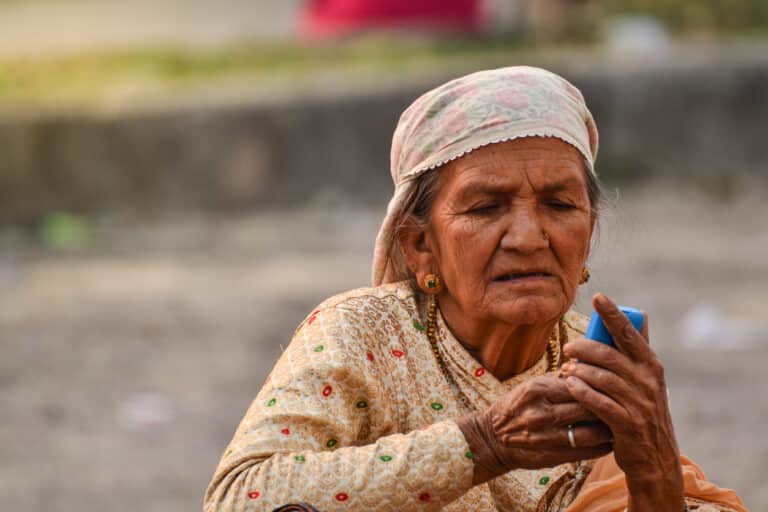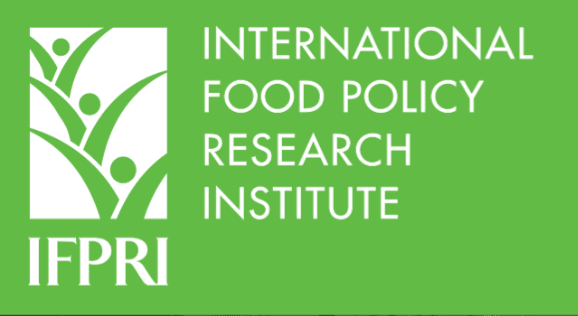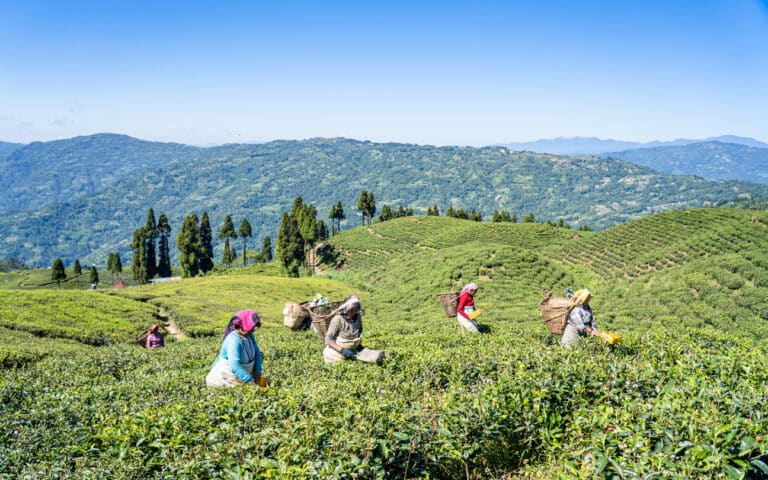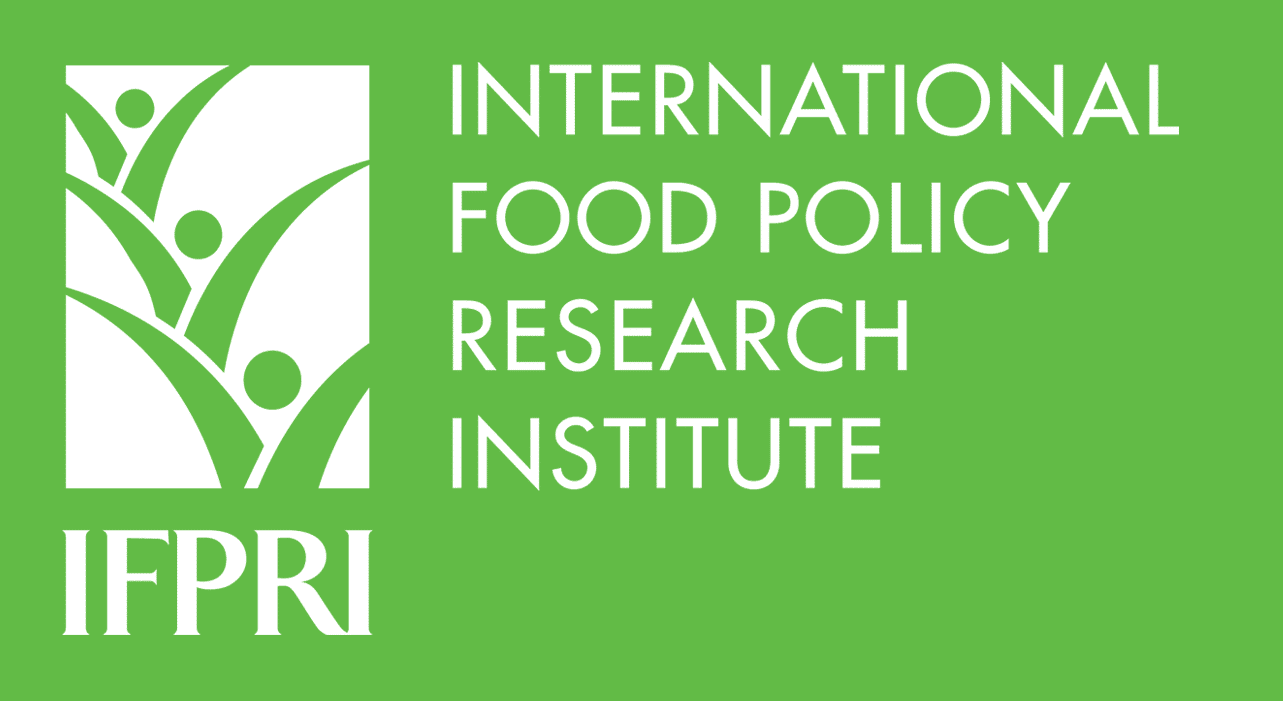How IFPRI measured the economic impact of COVID-19 on women and farmers in rural India and Nepal with SurveyCTO’s CATI features

Meet The International Food Policy Research Institute (IFPRI)
The International Food Policy Research Institute (IFPRI) is an organization committed to research-based policy solutions to reducing poverty and ending hunger around the world, with a vision of ending hunger and malnutrition. They are also the center of CGIAR, the world’s largest agricultural innovation network. IFPRI’s research is based around the following strategic areas:
- Fostering Climate-Resilient and Sustainable Food Supply
- Promoting Healthy Diets and Nutrition for All
- Building Inclusive and Efficient Markets, Trade Systems, and Food Industry
- Transforming Agricultural and Rural Economies
- Strengthening Institutions and Governance
Offices: Global (headquarters in Washington, D.C.)
Sector: International development, agriculture
Use case: Academic research
Employees: 501-1,000 employees
Features used: CATI
Website: https://www.ifpri.org/

The Challenge
In early 2020, IFPRI wanted to understand the impact COVID-19 was having on women and farmers in two key areas of the world: The Gujarat region of India, and the Dang Region of Nepal. Their goal: To collect primary data to guide effective policymaking for communities impacted by the pandemic.
Prior to the pandemic, IFPRI was already involved in data collection in these areas. They had put together a sample of Gujarat respondents from the Self-Employed Women’s Association (SEWA), a women-led co-op, with the intention of collecting data from them in 2020. In Nepal, a preliminary in-person household listing had been conducted in early March 2020, with an anticipated return to conduct in-person surveys later in the year for a separate study. As COVID-19 turned into a global crisis, strict lockdowns were implemented in India and Nepal, and CAPI was no longer a viable data collection option. Yet the need to collect data on marginalized communities and their access to food and nutrition was more pressing than ever. To continue collecting data, IFPRI had to pivot quickly to adopt a new data collection mode: phone surveys–specifically, computer-assisted telephone interviews (CATI).
Could they ensure data quality even when on the phone?
The Solution: SurveyCTO CATI features with case management
IFPRI was able to conduct surveys on their samples in both India and Nepal over mobile phones using SurveyCTO’s CATI feature, and taking advantage of its single-device CATI functionality. “The SurveyCTO CATI feature enabled our enumerators to collect data on the same device from which the phone calls were made,” said Smriti Saini, Research Analyst at IFPRI. Enumerators used a headset to talk to respondents on their mobile phones, while also typing respondent answers into the survey form also on the same devices. They were able to launch phone calls from within the form inside SurveyCTO Collect.
This single device aspect was essential to completing these projects successfully. For most enumerators, their mobile devices are their only personal item of technology–most do not own personal computers. They were also under strict lockdowns themselves, and were unable to travel to co-working spaces or Internet cafes where they might have accessed computers. This meant they were not able to create a more traditional phone survey setting where they called respondents on their phones while typing answers into the survey on their computers. Without SurveyCTO’s single-device CATI feature, they would have had to rely on pen-and-paper capture of respondent answers, introducing much higher margins of error and increasing survey times.
But while single-device CATI proved an effective solution for the pivot to phone surveys, the question of data quality remained. Could they ensure the same quality of data with CATI as they had in the past with CAPI?
Due to several key SurveyCTO features, IFPRI was able to get the data they needed. They relied on SurveyCTO’s data quality features to assess for anomalies in survey outliers, and call recordings to verify interviews. They also used SurveyCTO’s case management solution alongside the CATI features to keep track of respondents over multiple survey rounds.

The Results: Tracking the impact of COVID-19 with phone surveys
IFPRI was able to successfully gather important data using phone surveys facilitated by SurveyCTO. Their data obtained through CATI surveys was at just as high of quality as they had been able to get with in-person surveys. With these surveys, they were able to collect vital data confirming the ways in which vulnerable people were being negatively impacted by COVID-19.
Some of their findings included the following:
- Not only did the people they surveyed have a collective loss in income, 40% were relying on their savings to get by
- 30% had decreased spending on food out of necessity.
IFPRI’s study provided important data to local governments and NGOs on the full impact of the pandemic. Without high-quality data collection in these areas and at these times, there would have been no way to know people were suffering at this level; with this data, governments and NGOs were better equipped in decision making and allocation of aid.
If you’d like to learn about this project in detail, from the perspective of IFPRI researchers, read Learnings from phone surveys in Nepal and India.

